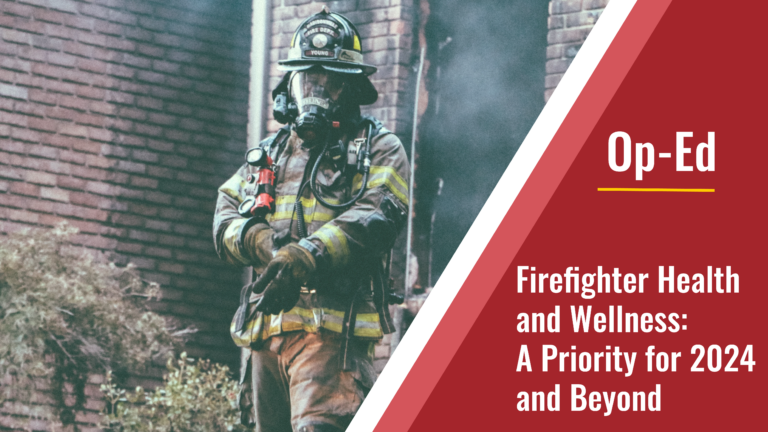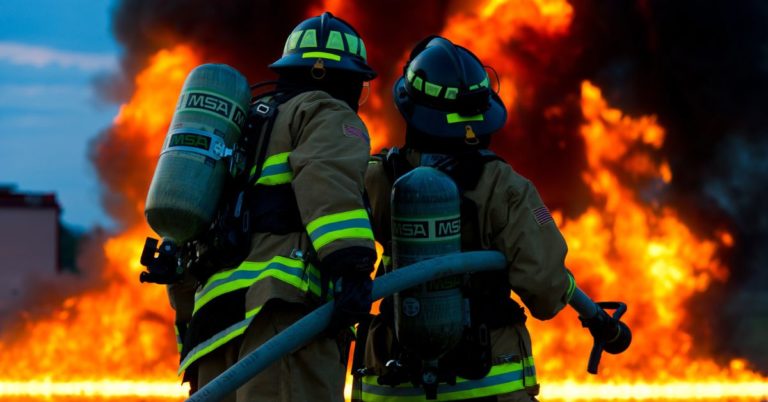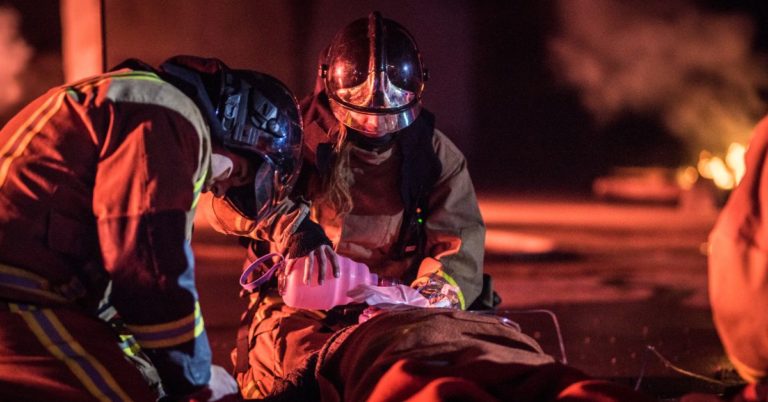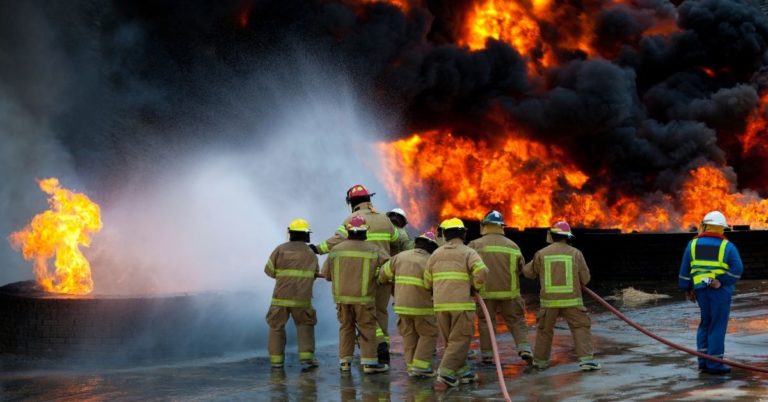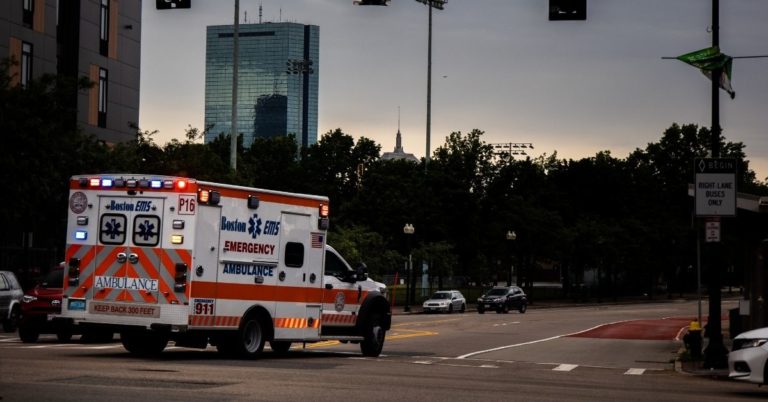At the beginning of this year, the United States government began the rollout of its vaccination program using emergency authorized vaccines created by Pfizer, Moderna, and Johnson & Johnson. The three vaccines were fast tracked under the Trump Administration’s Operation Warp Speed. The vaccinations were made available in earnest to those considered most vulnerable, with an emphasis on the elderly and frontline workers.
Operation Warp Speed and the vaccines it spawned were undertaken to provide a rapid solution to the pandemic virus which had spread lethally around the country since February and March of 2020. However, despite the success of the vaccine development to confront the original strain of the Covid-19 virus, a new strain has emerged which has caused public health officials and government to double down on their efforts to contain the virus and vaccinate as many Americans as possible.
The so-called Delta variant of the Covid-19 virus has been spreading throughout different parts of the world, notably in Europe and the United States and is considered by experts to be more contagious than the original virus from last year. While the Delta variant is reported to have the same symptoms as the original virus, health officials maintain that it is targeting the unvaccinated at higher rates. According to information presented by UC Davis Health, “Nationally, 97% of patients hospitalized with COVID-19 are unvaccinated, as of July 22. Vaccines are highly effective at preventing COVID-19 infection and are also effective in fighting against the Delta variant.” Still, many first responders, including firefighters are hesitant to receive a vaccination at this time.
First Responders and the Covid-19 Vaccine
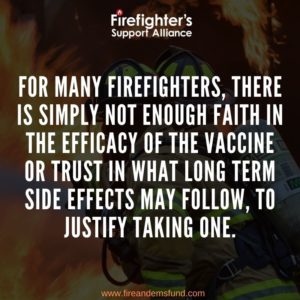
In February of this year, Fire Rescue 1, published a guide for fire fighters hoping to dispel concerns about Covid-19 vaccinations, noting, “Early surveys from FDNY and other departments suggested that the uptake of the vaccine was going to be less than 50% among many firefighters.” For many firefighters surveyed, fear surrounded the rapid development of the vaccines and the general consensus among those declining vaccination was a “wait and see” attitude.
Fast forward six months and firefighters and first responders still remain hesitant to take the vaccine. In fact, with a spate of vaccination mandates coming down across the country from state, local, and even the federal government, resistance may in fact be beginning to accelerate.
FireFighter Nation noted early in September that “No national statistics show the vaccination rate for America’s entire population of first responders but individual police and fire departments across the country report figures far below the national rate of 74% of adults who have had at least one dose.”
Consequences of Vaccine Mandates
For many, like the near 28-year veteran of the San Francisco Fire Department, Christopher Salas, there is simply not enough faith in the efficacy of the vaccine or trust in what long term side effects may follow, to justify taking one.
Salas told FireFighter Nation that, “I’m not an anti-vaxxer. I have all my other vaccines. I’m just not taking this one.”
He continued:
“I don’t think I’d be comfortable with myself if I did something that went against my belief. It’s about liberty and having your own choice to be your own person.”
In fact, the article noted that one unnamed fire fighter has sued the city of San Francisco for its vaccine mandate.
Many cities are threatening fines or even termination for employees who do not comply with their vaccine mandates.
Ultimately, the introduction of mandates is now becoming a nationwide debate, with many across multiple industries resisting the vaccines, not just fire fighters or other first responders. The country has waded into a contest of wills between the government who increasingly supports forcing medical treatments on a mass scale, and individual citizens who believe their constitutional rights are being violated.
Whether one supports taking the vaccination or not, the issue is now evolving into debate on civil rights and the scope of government.
The argument can be made that the vaccinations have become too politicized by both sides of the aisle, and this is the fallout. But now the needle must be threaded between trying to control public health and respecting the sovereignty of American citizens. Failure to find a common ground, could lead to unintended crisis in staffing and service amongst our front-line professions. A problem which could be far more disastrous for America’s emergency services than just having unvaccinated employees.

